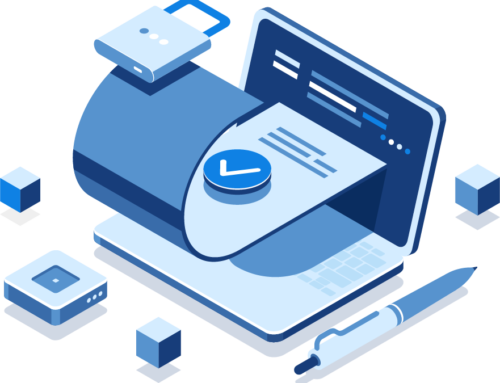Identity theft is the crime of obtaining the personal or financial information of another person and using it to commit fraud or other crimes. Identity theft has existed long before the internet, with thieves sifting through the trash and forging documents to pose as someone else. Yet the practice has only gotten easier over time, since with the proliferation of the internet, most identity theft now occurs online.
According to the Federal Trade Commission (FTC), identity theft in the U.S. skyrocketed to nearly 1.4 million cases in 2020, more than double the number a year prior. Identity theft can be committed in a variety of different ways and its victims can suffer damage to their credit, finances, and reputation. As such, it is important to understand the dangers of identity theft and what you can do to avoid them.
What Types of Identity Theft Are There?
There are many different types of identity theft based on what is stolen and how it’s used. These include:
- Financial Identity Theft: The most common type of identity theft, it occurs when someone uses another person’s information to order to obtain credit, goods, services, or information.
- Medical Identity Theft: This occurs when someone identifies themselves as another person to procure free medical care.
- Synthetic Identity Theft: A type of fraud where criminals combine real and fake information to create a new identity, which can be used open fraudulent accounts or make fraudulent purchases.
- Tax Identity Theft: This occurs when someone uses another person’s personal information to file a bogus state/federal fax return to collect a refund.
- Criminal Identity Theft: This typically occurs when someone identifies themselves as another person during an arrest to avoid legal complications like a summons or a warrant in their real name.
- Child Identity Theft: This occurs when someone uses a child’s personal information for various forms of personal gain. Since children typically
What Are The Dangers of Identity Theft?
Once a criminal has a hold of your personal information, they can use it for a number of nefarious purposes. Clearing up the kind of financial errors that come with being a victim of identity theft can take months or even years, resulting in major financial ramifications. Until you have resolved these issues, it can be difficult to open bank accounts, acquire loans and mortgages, or in some cases to even get a job. Additionally, medical identity fraud can have life-threatening consequences, as you may have trouble obtaining your prescriptions or face delays for much-needed treatments.
Also, while adults are usually the ones who’re discussed in terms of identity theft risk, children can also be especially vulnerable. Since they have Social Security numbers and clean credit scores, it is easy for identity thieves to use their information to make new charges, open accounts, and more. Additionally, since parents aren’t typically watching their children’s financial accounts, it is common for cases of child identity theft to go unnoticed until the child is older. There are several cases of young people looking to get their first credit card, only to find out that they have delinquent accounts and unpaid balances in their name.
What To Look Out For
The FDA offers a list of potential clues that someone has stolen your personal information. This includes:
- You see withdrawals from your bank account that you can’t explain.
- You don’t get your bills or other mail.
- Merchants refuse your checks.
- Debt collectors call you about debts that aren’t yours.
- You find unfamiliar accounts or charges on your credit report.
- Medical providers bill you for services you didn’t use.
- Your health plan rejects your legitimate medical claim because the records show you’ve reached your benefits limit.
- A health plan won’t cover you because your medical records show a condition you don’t have.
- The IRS notifies you that more than one tax return was filed in your name, or that you have income from an employer you don’t work for.
- You get notice that your information was compromised by a data breach at a company where you do business or have an account.
Protecting Yourself
Though it’s difficult to completely shut out identity thieves, there are several commonsense steps that you can take to protect yourself. It should be standard practice to shred any correspondence that includes financial or personal information. You should also consider putting a lock on your mailbox and limit prescreened offers to keep people from opening pre-approved credit card offers or gleaning personal information from account statements. For your online accounts, be sure to practice proper cyber safety: use strong and unique passwords for all your accounts, only enter your financial information on official websites, and invest in cybersecurity and/or online filtering software.
If you think you’ve been the victim of identity theft, you should immediately contact the FTC, which fields all consumers complaints while providing information and support. You can submit your identity theft complaint to the FTC online, over the phone (1-877-ID THEFT), or through the mail (Consumer Response Center, FTC / 600 Pennsylvania Avenue, N.W., Washington, DC 20580). Since time is of the essence when dealing with identity theft, it is best to file complaints online or over the phone.
Identity theft can be scary, but if you are aware of the dangers and the steps you can take to mitigate its impact, it is far less intimidating





